
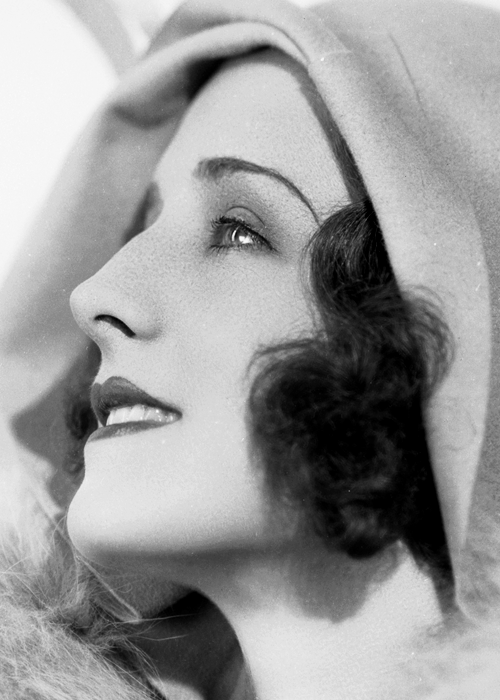
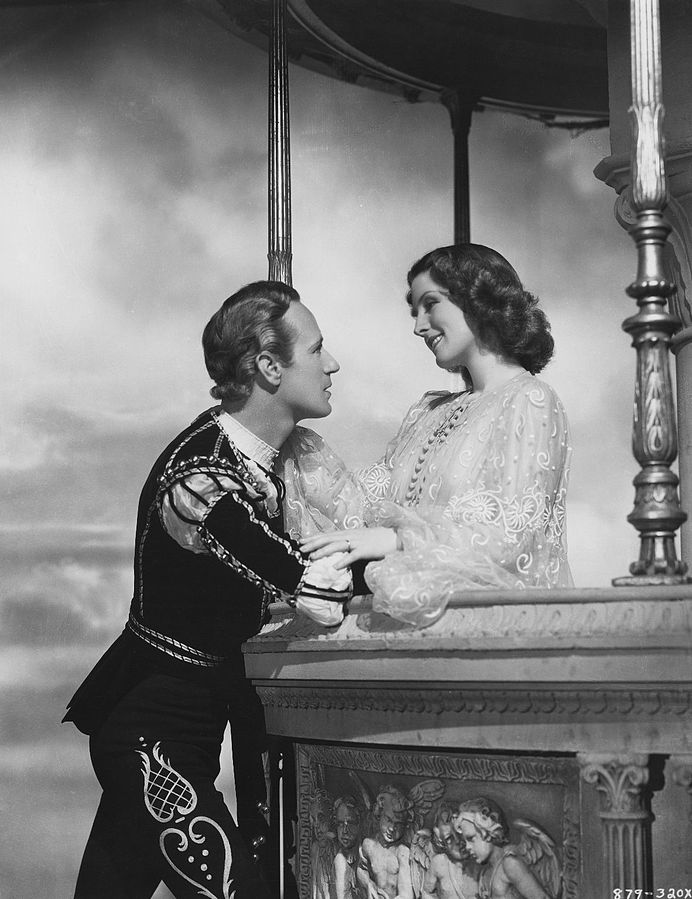
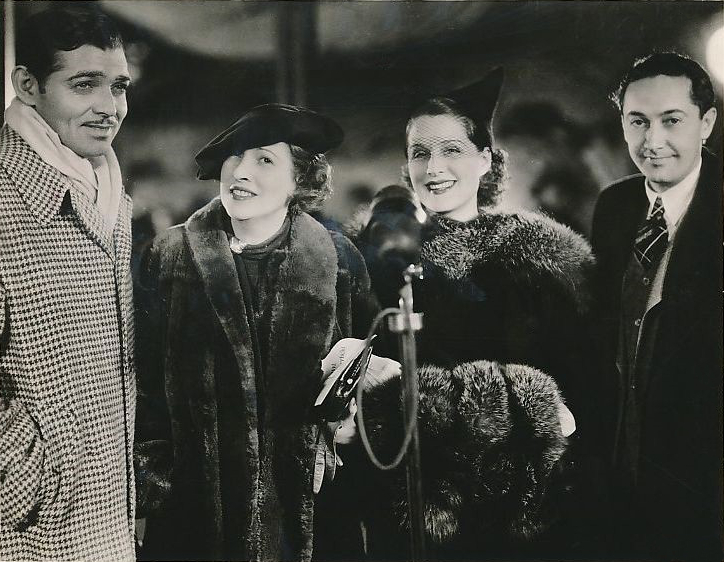
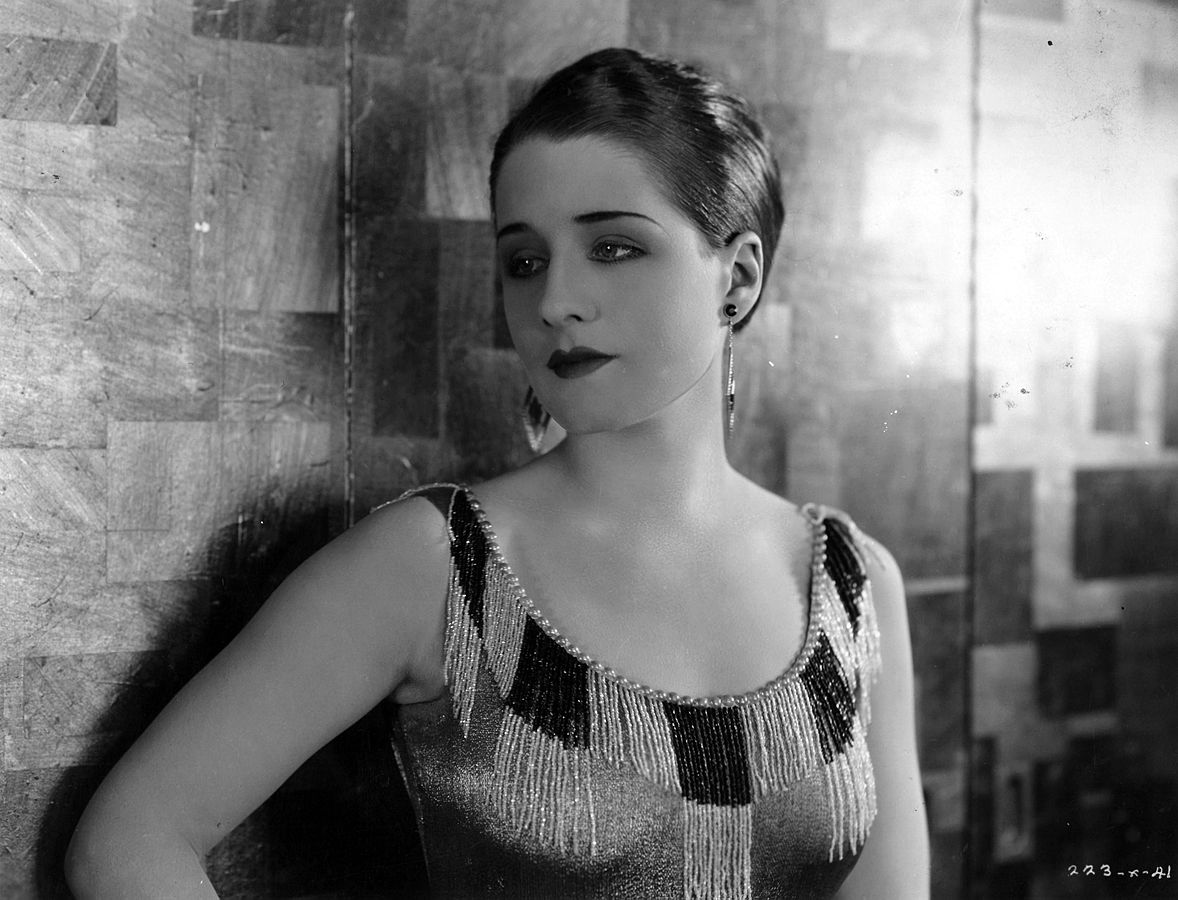
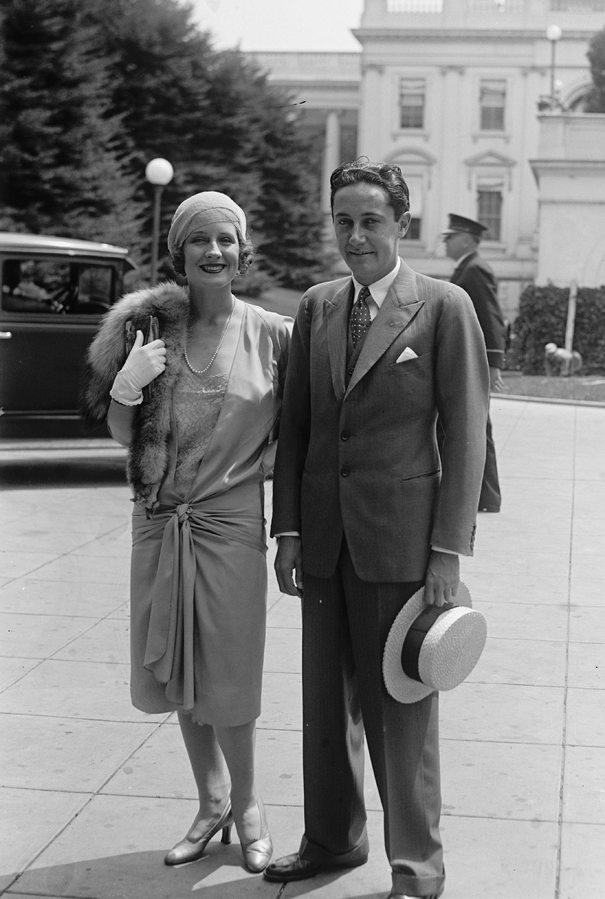
Norma Shearer, aka the “Queen of MGM Studios,” was a feminist pioneer and an Academy Award-winning Hollywood actress from Montreal.
The actress (born Edith N. Schearer) lived a comfortable life in Canada until the age of 10, when her father, who suffered from manic depression, lost his construction company and the family became impoverished. Her mother took her and her sister Athole first to New York City and then to Hollywood, pursuing a career in the film industry.
Brimming with talent and determination, Shearer won small roles in movies for Universal Studios, before finding her footing at Metro-Goldwyn-Mayer (MGM). She was a successful actress for three decades, known for playing strong, sexually liberated and/or noble women. Her movies included many comedies and period dramas. While she began her career working in silent pictures, she was able to transition to “talkies” in the 1920s.
Although Shearer was one of the biggest film stars of the 1930s, her reputation waned after her retirement in the 1940s. Her career experienced several revivals, however: in the 1950s, when her films were sold to television; in the 1970s, when her films had theatrical revivals; in 1988, when Turner Network Television started broadcasting her films; and in 1994, when Turner Classic Movies began showcasing her films. In the 1990s, several high-profile books came out that reframed her as an early feminist icon (such as Mick LaSalle’s Complicated Women).
Shearer was of Scottish and Irish descent. She converted to Orthodox Judaism in 1927 to marry producer Irving Thalberg, who was the head of MGM Studios at the time. They had two children together. Even after Thalberg’s untimely death in 1936, Shearer continued practicing Judaism for the rest of her life.
Shearer was nominated for six Academy Awards and won for Best Actress in 1930 with The Divorcee. In recognition of her myriad contributions to the film industry, she was inducted into Canada’s Walk of Fame in 2008 and given a star on the Hollywood Walk of Fame.

